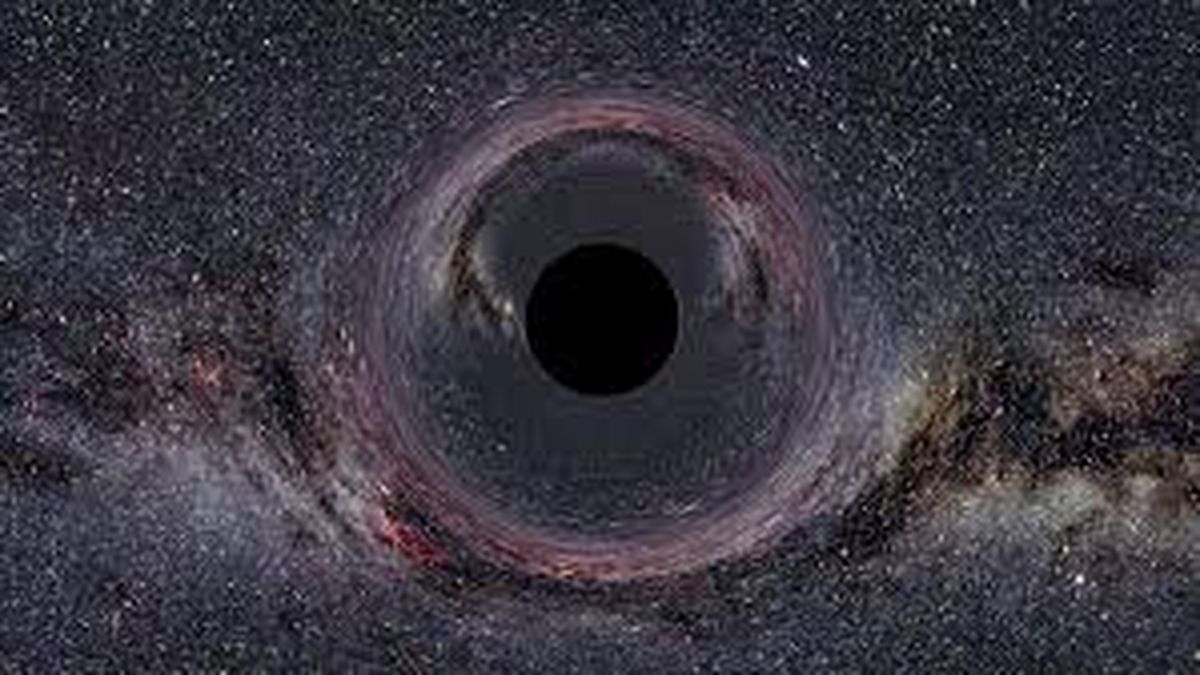A group of physicists proposes a revolutionary theory that challenges traditional conceptions of the universe. According to this hypothesis, the cosmos does not expand outwards, but rather evolves inside a black hole.
The idea, although it seems taken from science fiction, is gaining support in the scientific community thanks to studies that compare the big Bang with the characteristics of these cosmic phenomena. Both share key elements, such as a singularity, a point where physical laws no longer apply and a event horizon, a limit from which nothing can escape.
The theory is not new, but in recent decades it has gained strength from research that analyzes mathematical similarities between the origin of the universe and the structure of black holes. If confirmed, this perspective would radically transform our understanding of space, time, and the ultimate destiny of the cosmos.
earth black hole.jpg
Illustrative image generated with Artificial Intelligence
The new hypothesis about black holes
The Einstein’s theory of relativity establishes that both the universe and black holes warp space-time. As the universe expands, black holes compress it. However, in mathematical terms, both processes present notable similarities.
In the 1970s, scientists Raj Kumar Pathria and IJ Good They observed that, if the radius of the visible universe coincided with that of a black hole whose mass was equivalent to that of the cosmos, this coincidence could not be coincidental.
The theoretical physicist Lee Smolin took this idea one step further. He proposed that each black hole could generate a new universe inside itwhich would imply that the current universe would be the result of a previous one. In this scenario, black holes would act as portals to new realitieseach with its own physical laws.
To validate this theory, scientists are looking for concrete signals. One of them would be the existence of a privileged address in the universe, an invisible axis that marks the center of the black hole.
Another clue could be found in the distribution of galaxies: If they show a dominant orientation, this would suggest that the universe has an internal structure similar to that of a black hole.
If confirmed, this hypothesis would redefine the concept of cosmic expansion. Instead of growing outward, the universe would develop inside an invisible borderwhere each black hole that forms would give rise to a new cosmos with unique properties.
This perspective not only challenges current theories about the origin of the universe, but also opens new questions about the nature of space, time, and the possibility of parallel universes.
Source: Ambito
I am an author and journalist who has worked in the entertainment industry for over a decade. I currently work as a news editor at a major news website, and my focus is on covering the latest trends in entertainment. I also write occasional pieces for other outlets, and have authored two books about the entertainment industry.




